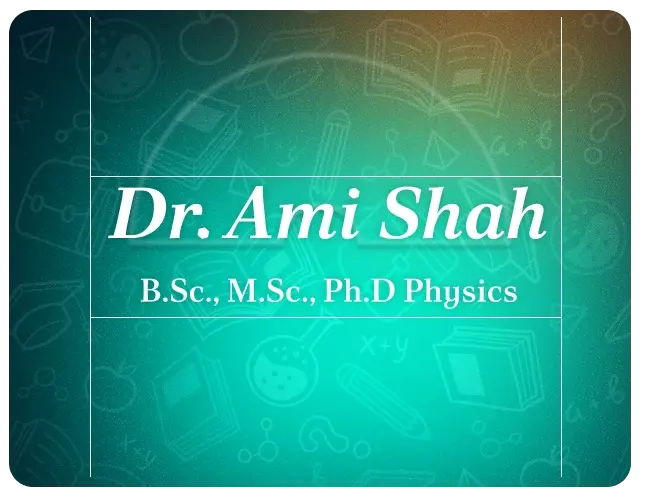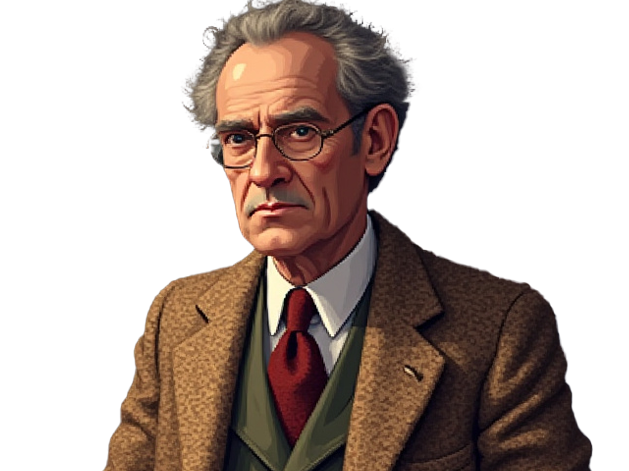The site page is accessible only on Desktop & Tablet

Achieve academic excellence with Physish!
There is no science in this world like physics. Nothing comes close to the precision with which physics enables you to understand the world around you.It’s the laws of physics that allow us to say exactly what time the sun is going to rise. What time the eclipse is going to begin. What time the eclipse is going to end.
- Neil deGrasse Tyson, Astrophysicist

Physics is an ever-evolving field, and teaching it keeps me on a continuous journey of learning. I believe that when students can relate Physics to their daily lives, they develop a deeper understanding for the subject. By making Physics engaging and relatable, I aim to cultivate analytical thinking, logical reasoning and a lifelong passion for discovery. Teaching is my passion, my calling and my way of making a difference.
The Greatest Physicists
These physicists represent just a fraction of those who have significantly advanced our understanding of the universe. Their legacies continue to inspire current and future generations in the field of science.

Albert Einstein
Known for his theories of relativity, Einstein revolutionized concepts of space, time, and gravity. His famous equation E = mc2 llustrates the equivalence of mass and energy.
Impact: His work laid the foundation for modern physics and has influenced various scientific and technological advancements.

Isaac Newton
Sir Isaac Newton (1642-1727) was an English polymath, celebrated as a mathematician, physicist, astronomer, alchemist, theologian, and author2. A key figure in the Scientific Revolution, his Principia Mathematica established classical mechanics.
Newton formulated the laws of motion and universal gravitation, developed calculus, made discoveries in optics, and built the first reflecting telescope.

Niels Bohr
Niels Bohr (1885-1962) was a Danish physicist renowned for his foundational contributions to quantum theory and atomic structure. He developed the Bohr model of the atom, proposing that electrons occupy discrete energy levels.
Bohr was awarded the Nobel Prize in Physics in 1922, also founded the Niels Bohr Institute and played a significant role in nuclear physics.



